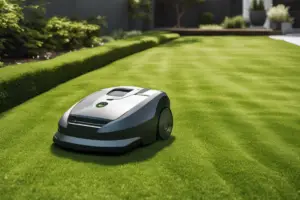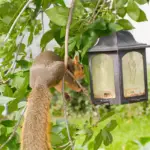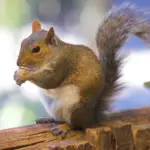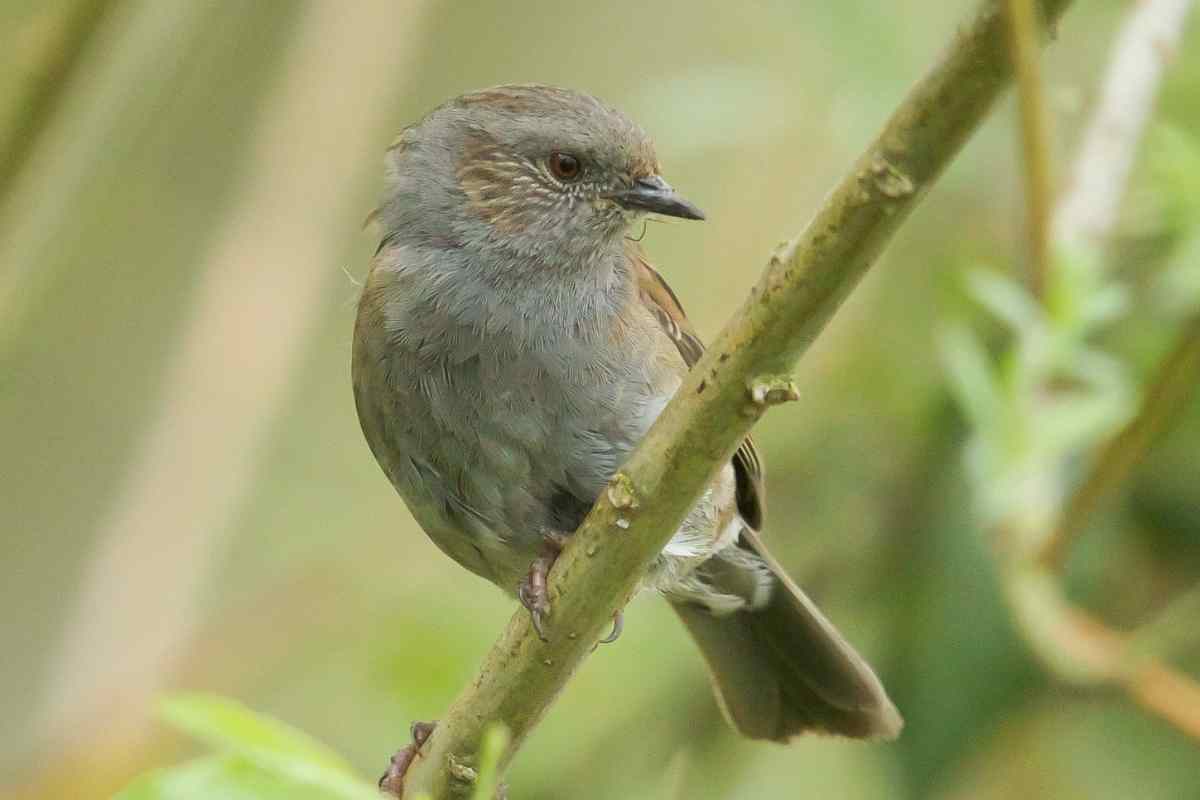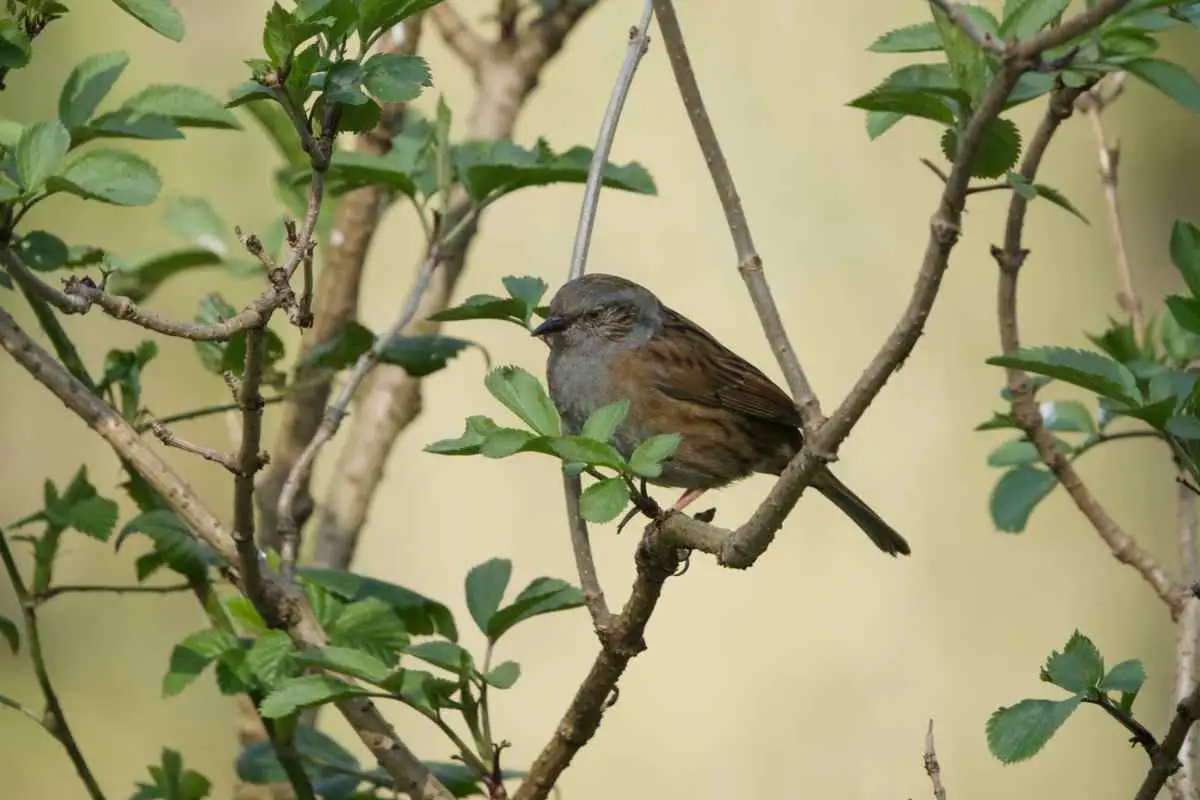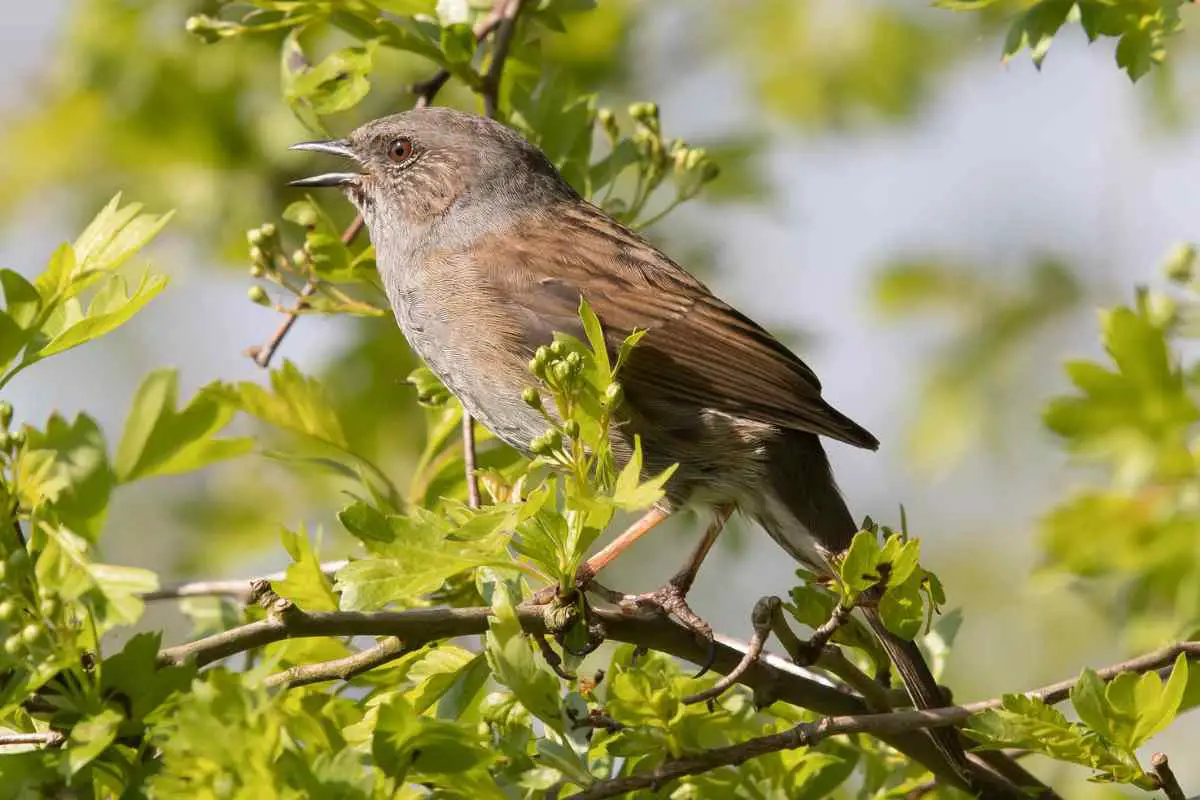Squirrels are a common sight in many yards, but are they bad for your yard? While squirrels can be cute and entertaining to watch, they can also cause damage to your yard and garden.
Squirrels are known to dig up bulbs, damage plants, and chew on trees. If you’re a gardener or landscaper, you may be wondering if squirrels are bad for your yard and what you can do to keep them away.
Squirrels can be a nuisance to homeowners who want to maintain a beautiful yard. They can damage your yard by chewing through plant roots, digging up bulbs, and gnawing on trees.
Squirrels can also be carriers of fleas and other pests that can infest your yard. If you have a bird feeder in your yard, squirrels can also be a problem, as they will eat the birdseed and scare away birds.
While squirrels can be a nuisance, they are also important members of the ecosystem. Squirrels help to disperse seeds and nuts, which helps to grow new plants and trees.
They also provide food for predators such as hawks and owls. If you’re concerned about squirrels in your yard, there are several humane ways to keep them away without harming them.
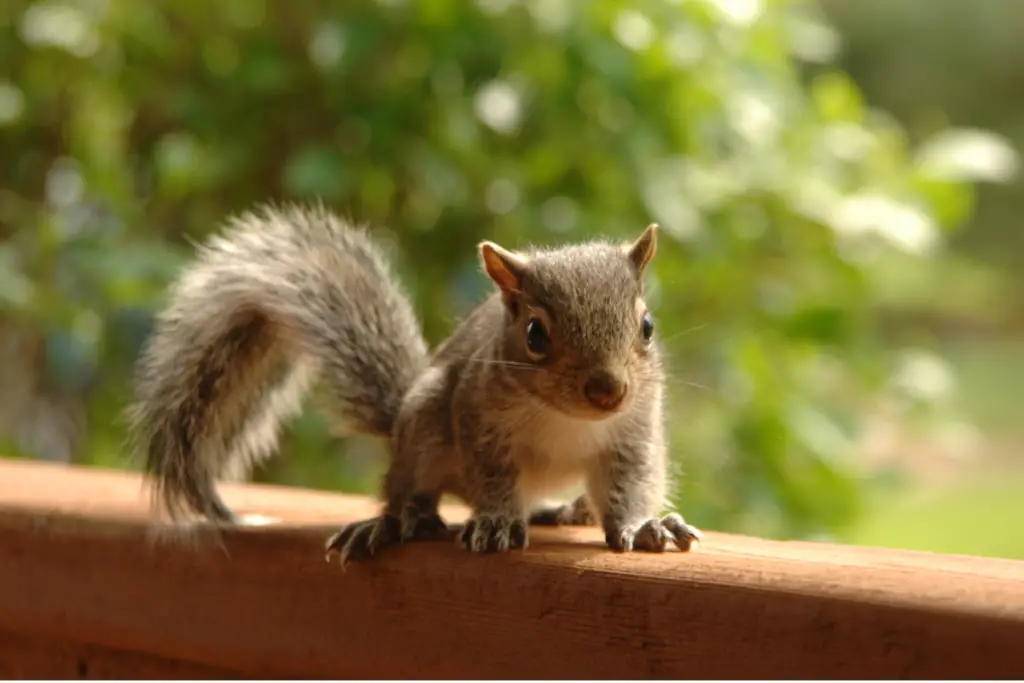
Table of Contents
The Role of Squirrels in Your Yard
Squirrels are a common sight in most yards, and while some homeowners find them cute and entertaining, others may see them as pests that cause damage.
However, squirrels do play a role in your yard’s ecosystem, and understanding their behavior can help you coexist with them.
What Do Squirrels Eat?
Squirrels are omnivores, meaning they eat both plants and animals. Their diet mainly consists of nuts, seeds, fruits, and insects.
They are opportunistic feeders and will eat whatever is available in their environment. In urban areas, squirrels often rely on bird feeders and garbage cans for food.
How Do Squirrels Affect Your Yard?
While squirrels can be beneficial to your yard by spreading seeds and pollinating plants, they can also cause damage.
Squirrels have a habit of digging up lawns and gardens, either to burrow or to hide food for later. This can be frustrating for homeowners who spend time and money maintaining their yards.
Squirrels can also damage plants by chewing through plant roots and bark. They may also strip the bark off of trees, which can lead to the tree’s death.
In addition, squirrels can be carriers of diseases that can be transmitted to humans and pets.
To prevent damage caused by squirrels, homeowners can take several measures. One option is to use natural deterrents such as planting plants that squirrels dislike, such as daffodils or alliums.
Another option is to use physical barriers such as netting or fencing to protect gardens and plants.
Overall, while squirrels can be a nuisance, they do play a role in your yard’s ecosystem.
Homeowners can take measures to prevent damage caused by squirrels while still allowing them to coexist in their yards.
Pros and Cons of Having Squirrels in Your Yard
Benefits of Squirrels in Your Yard
Squirrels are adorable creatures that can add a touch of nature to your yard. Here are some benefits of having squirrels in your yard:
- Entertainment: Squirrels are fun to watch as they scamper around your yard, climb trees, and chase each other. They are also entertaining to watch when they try to steal food from bird feeders.
- Seed Dispersal: Squirrels play an important role in seed dispersal. They bury nuts and seeds in the ground, and some of these seeds will grow into new plants. This helps to increase the biodiversity of your yard and can attract other wildlife.
- Pest Control: Squirrels eat insects, such as caterpillars and beetles, which can damage your plants. By having squirrels in your yard, you can reduce the number of pests that can harm your garden.
Drawbacks of Squirrels in Your Yard
While there are benefits to having squirrels in your yard, there are also some drawbacks that you should be aware of:
- Damage to Plants: Squirrels can cause damage to your plants by digging up bulbs, eating flowers, and stripping bark from trees. This can be frustrating if you have spent a lot of time and money on your garden.
- Nesting Habits: Squirrels may build their nests in your yard, which can be a problem if they choose to build them in your attic or chimney. This can cause damage to your home and can be a fire hazard.
- Food Theft: Squirrels are notorious for stealing food from bird feeders. This can be expensive if you have to keep replacing the birdseed, and it can also attract other wildlife, such as raccoons and rats.
Overall, there are both pros and cons to having squirrels in your yard.
While they can be entertaining to watch and can help with seed dispersal and pest control, they can also cause damage to your plants, build nests in unwanted places, and steal food from bird feeders.
It’s up to you to decide whether the benefits outweigh the drawbacks.
Ways to Manage Squirrels in Your Yard
Squirrels can be cute and entertaining to watch, but they can also cause damage to your yard. If you’re dealing with a squirrel problem in your yard, there are several ways to manage them.
In this section, we’ll discuss natural squirrel deterrents, physical barriers, trapping, and removal.
Natural Squirrel Deterrents
One way to manage squirrels in your yard is to use natural deterrents. Here are a few options:
- Plant mint, garlic, or other strong-smelling herbs around your yard. Squirrels don’t like the smell and will avoid those areas.
- Sprinkle cayenne pepper or hot sauce around your garden or bird feeder. The spicy smell will keep squirrels away.
- Hang shiny objects like CDs or aluminum foil around your yard. The reflections will scare squirrels away.
Physical Barriers
Another way to manage squirrels is to use physical barriers to keep them out of certain areas. Here are a few options:
- Use wire mesh to cover garden beds or bird feeders. Make sure the mesh is small enough to keep squirrels out.
- Install a squirrel-proof bird feeder. These feeders have mechanisms that prevent squirrels from accessing the food.
- Place a baffle on a pole-mounted bird feeder. This will make it difficult for squirrels to climb up and access the food.
Prices pulled from the Amazon Product Advertising API on:
Product prices and availability are accurate as of the date/time indicated and are subject to change. Any price and availability information displayed on [relevant Amazon Site(s), as applicable] at the time of purchase will apply to the purchase of this product.
Trapping and Removal
If natural deterrents and physical barriers aren’t enough, you may need to resort to trapping and removal. Here are a few things to keep in mind:
- Check your local laws and regulations before trapping squirrels. In some areas, it may be illegal to trap and relocate squirrels.
- Use humane traps that won’t harm the squirrels.
- Once you’ve trapped a squirrel, release it at least five miles away from your home.
In conclusion, there are several ways to manage squirrels in your yard. Natural deterrents, physical barriers, and trapping and removal are all effective options. Choose the method that works best for you and your situation.
Conclusion
In conclusion, while squirrels can be a nuisance in your yard, they are not necessarily bad for it.
Squirrels can cause damage to your yard and home, but they also have benefits such as helping to disperse seeds and control insect populations.
If you are concerned about the damage squirrels may cause, there are steps you can take to deter them.
Squirrel-resistant bird feeders, planting squirrel-resistant plants, and removing potential nesting sites can all help to reduce squirrel activity in your yard.
It is important to note that squirrels are a natural part of the ecosystem and play an important role in many environments.
While they may cause some damage, it is important to weigh the benefits and drawbacks before taking any drastic action.
Overall, it is possible to coexist with squirrels in your yard by taking preventative measures and understanding their role in the ecosystem.
By doing so, you can enjoy the benefits of having these furry creatures around while minimizing any potential damage they may cause.
- How to Build a Planter Box for Bamboo: A Step-by-Step Guide
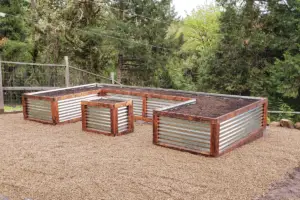
- Can Robotic Lawnmowers Handle Steep Slopes?
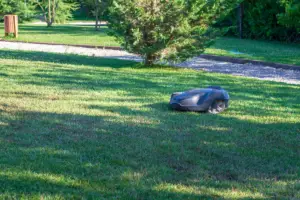
- Do You Need a Specific Lawn for a Robotic Lawnmower? Expert Advice
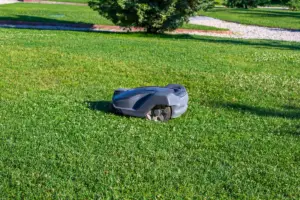
- Are Robotic Lawnmowers Safe for Pets and Children? Safety Features of Robotic Lawnmowers
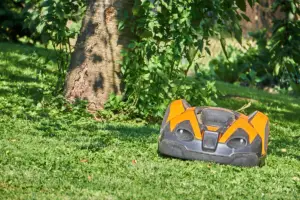
- Why Use Robotic Lawnmowers? Advantages of Using a Robotic Lawnmower
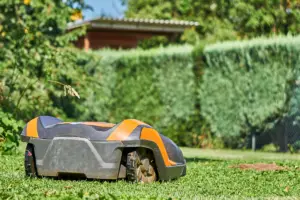
- Is the GARDENA SILENO City 300 Cordless or Corded? A Clear Answer
